Increase autonomy, tighten management discipline
On November 20, at the 10th Session of the 15th National Assembly, National Assembly deputies discussed the Draft Law on Vocational Education (amended). Opinions focused on three major groups of issues: perfecting the state management mechanism; increasing the role of enterprises and improving training quality; reforming policies to support vocational learners in a practical and effective manner.
Delegate To Ai Vang (Can Tho) pointed out a major shortcoming in the current management mechanism: the draft law stipulates that many agencies participate in management (Government, Ministry of Education and Training , ministries, branches and localities), which can easily lead to "overlap", duplication or omission of responsibilities when handling problems.
She warned of the situation where many agencies issue inconsistent guidance documents, or inspect the same content, causing trouble for vocational training institutions. To overcome this, delegates recommended developing clear inter-sectoral coordination regulations, specifying the authority and responsibility of each party; at the same time, building a common database and a mechanism for sharing information from the central to local levels.
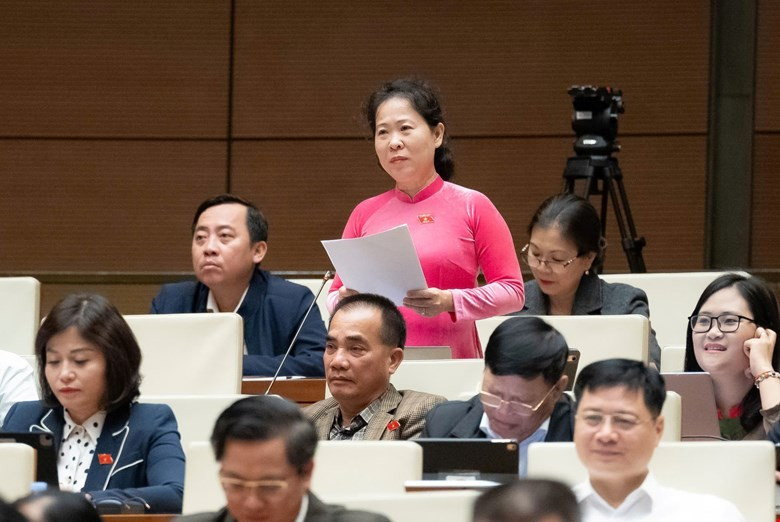
In addition to management, delegates suggested reviewing the state of degraded facilities, outdated teaching equipment and teacher shortages in both quantity and quality (expertise, vocational skills, foreign languages, IT). This is considered a "bottleneck" that directly affects the quality of training and the ability to expand the scale of the profession.
Increase real incentives
Delegate Nguyen Thi Lan Anh (Lao Cai) emphasized the training gap between ethnic minority areas and advantaged areas. The rate of trained workers in many mountainous areas is only 12-15%; many people drop out of school because they do not have enough money for food, accommodation, travel and internships.
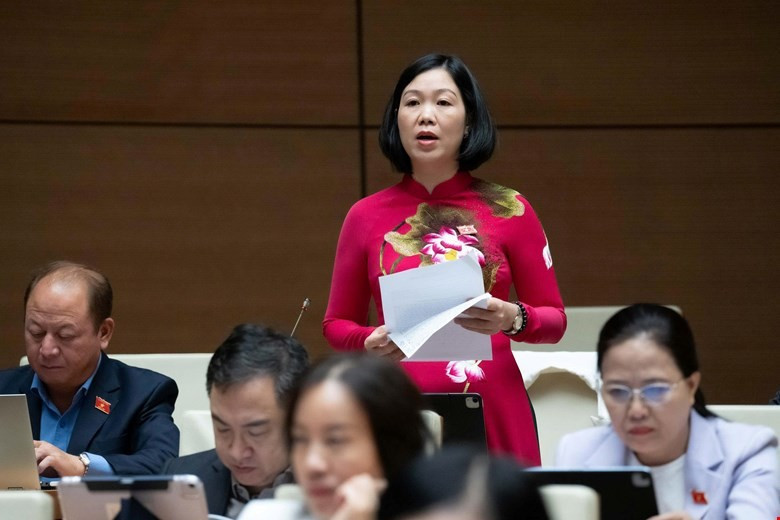
From this practice, she proposed stronger policy groups. Specifically, regarding tuition exemption, Delegate Nguyen Thi Lan Anh proposed:
Firstly, it is necessary to expand the tuition exemption to include Kinh people living in especially difficult areas, border areas, islands or households that have just escaped poverty within 3 years.
Second, prioritize key industries: microchips, semiconductors, biology, manufacturing, new materials.
Regarding the salary regime during internship. The Lao Cai delegation proposed: Firstly , businesses must pay at least 50-70% of the regional minimum wage for interns.
Second, the State partially supports salaries in the first year of cooperation between enterprises and training institutions.
Regarding boarding and subsidies: It is necessary to increase the social subsidy level (currently only 100,000-140,000 VND/month); Prioritize investment capital to build dormitories at vocational schools in ethnic minority and mountainous areas in the period 2026-2030; Supplement scholarships from socialized sources for students who win national vocational awards or higher.
These proposals are considered an important step forward from “general incentives” to “substantive incentives”, activating learners' motivation.
Enterprises must be the core connecting training and the labor market.
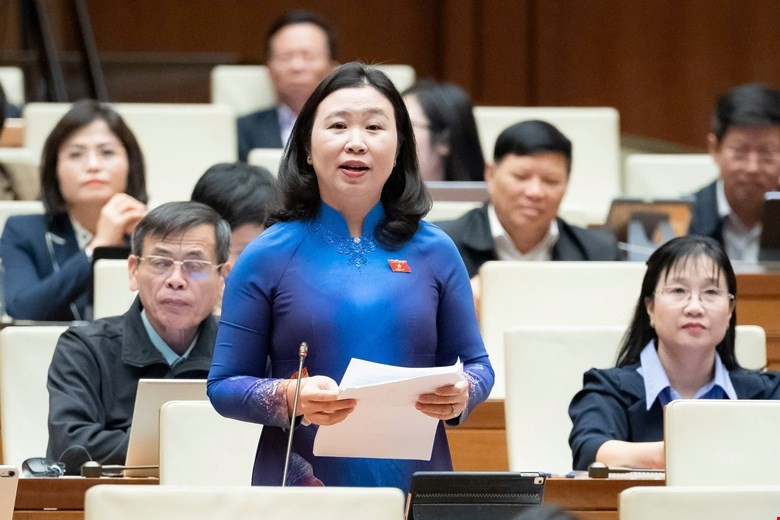
Delegates agreed that to improve the quality of vocational education, businesses must be deeply involved in the training process. Delegate Le Thi Song An (Tay Ninh) cited: currently only 21% of colleges and less than 1.5% of secondary schools have achieved quality accreditation - a very low level compared to integration requirements.
She proposed to build an independent, transparent inspection mechanism with clear sanctions. For facilities that do not meet standards, it is necessary to arrange or streamline them to avoid spreading and inefficiency.
Regarding the teaching staff, many delegates pointed out the shortcomings: business experts, despite their rich practical experience, find it difficult to participate in training due to regulations on degrees and teaching certificates. Therefore, it is necessary to develop a separate set of standards, simplify requirements and focus only on professional capacity and practical experience.
Delegate Le Thi Song An raised a problem that has existed for many years: vocational high school graduates are rejected when applying for jobs because their diplomas state a different level of education than their high school diplomas, forcing them to state 9/12. She suggested that the draft law must clarify the legal value of vocational high school diplomas in the national education system to ensure the rights of learners and avoid discrimination when recruiting or studying at a higher level.
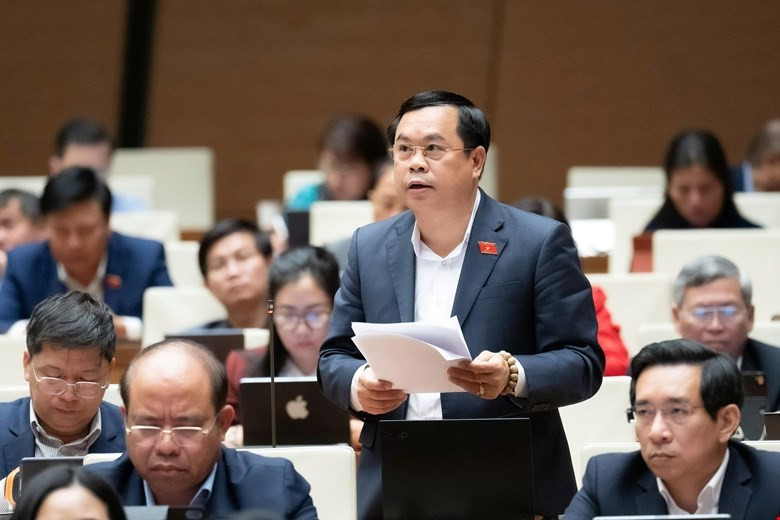
Sharing the same view, delegate Vuong Quoc Thang (Da Nang) proposed to specify the conditions for university entrance for vocational high school students, and at the same time clarify the high school knowledge integrated in the program.
He also warned of the lack of consistency between the provisions, especially in short-term training programs without degrees. Without adjustments, workers will lack the basis to transfer learning results - an important part of lifelong learning policies.
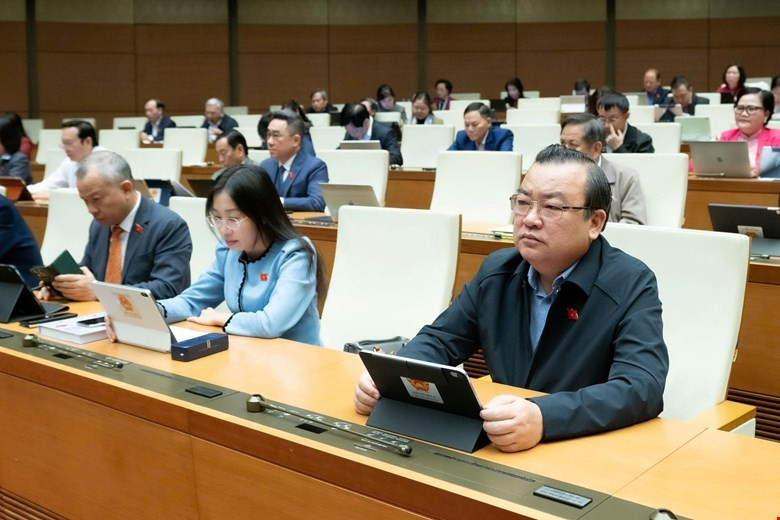
During the discussion session, National Assembly delegates agreed on the need to amend the Law on Vocational Education. However, for the draft to truly become an effective legal tool, it is necessary to continue to improve the transparent management mechanism, stronger incentive policies for learners, and at the same time create conditions for businesses to participate deeply in the training process.
A modern vocational education system – where learners are provided with substantial support, businesses play a central role and the management agency operates in a unified manner – will be the key for Vietnam to develop high-quality human resources to meet the requirements of integration and socio-economic development in the new period.
Source: https://giaoducthoidai.vn/giai-quyet-chong-cheo-chuc-nang-tang-uu-dai-thuc-chat-cho-nguoi-hoc-nghe-post757547.html








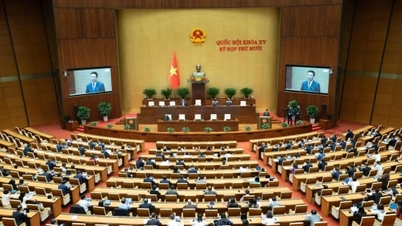

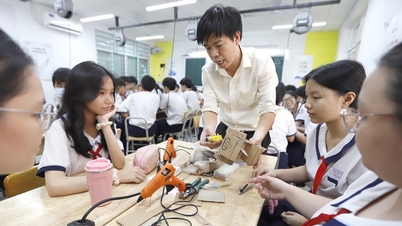

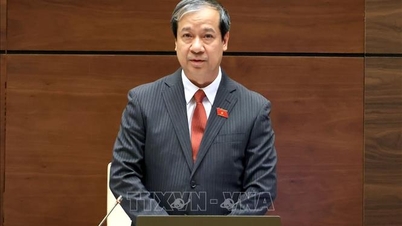

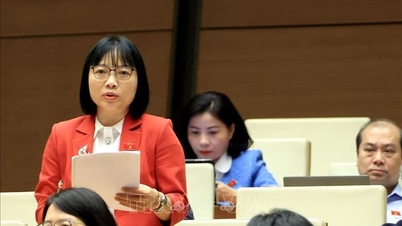


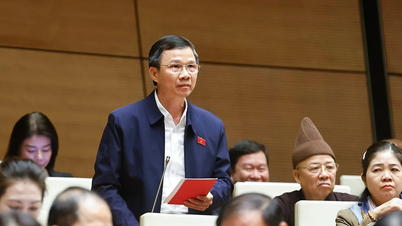

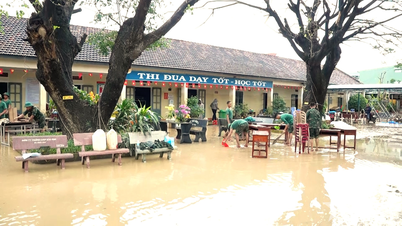



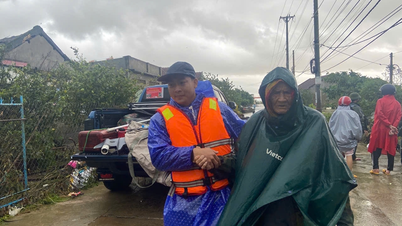

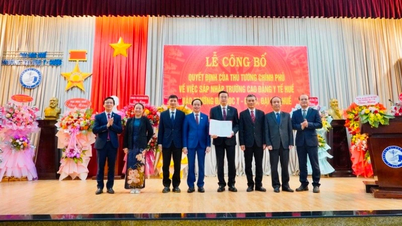







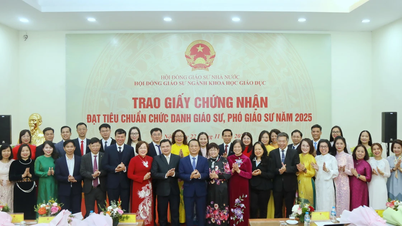












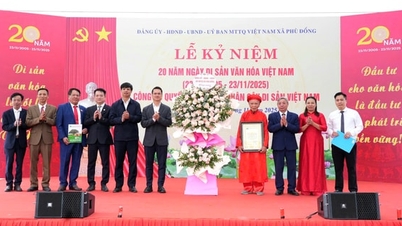
































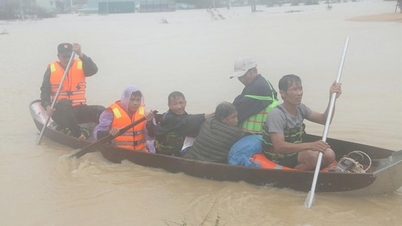



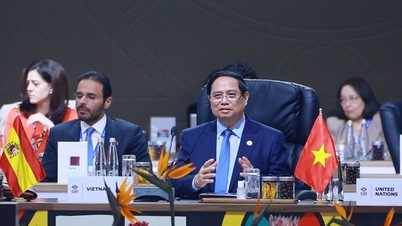





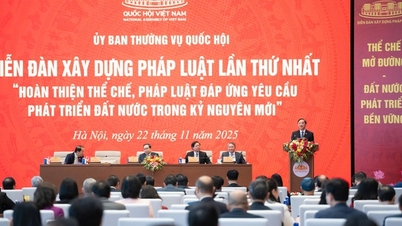

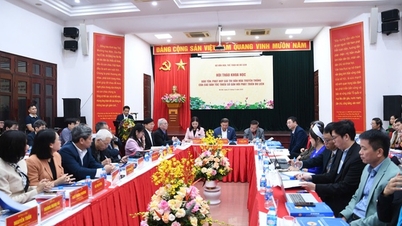
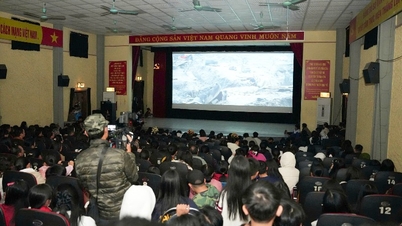



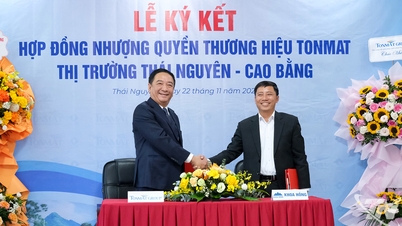

















Comment (0)